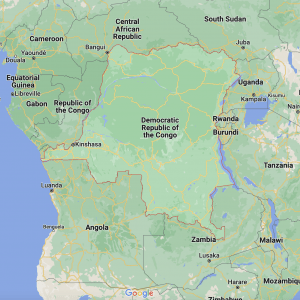Hot weather, low rainfall impacting agricultural output in Bangladesh
DHAKA, Bangladesh (AA) – Farmers in Bangladesh are facing drought in a season that has historically been marked with rain.
While July is supposed to receive the highest amount of rainfall, the country received less than half of the average rainfall this July, the lowest in 41 years, according to the weather office.
Adverse weather is impacting agricultural output, including production of the main staple rice, which largely depends on rainfall. The changing weather pattern is blamed for the situation.
“Uninterrupted water supply is crucial for agriculture production, but the changing weather brings less rainfall. The Rangpur and Rajshahi division, the western part of Dhaka and Khulna city have seen low rainfall in recent years, and agriculture-based industries in those cities are suffering from the climate effect,” Md Abdul Mannan, a meteorologist with the Bangladesh Meteorological Department, told Anadolu Agency.
The Meteorological Department also recorded the highest temperature in the Rangpur and Rajshahi division in the last 40 years this summer from March to July. The department recorded an average higher temperature of 2.6C (36.6F) compared to the last corresponding periods.
Agronomists say the process of preparing seed beds for planting seedlings during the monsoon season from June to August is almost over. Now crop production depends on rain. If the planting is delayed, the yield will decrease.
Mohammed Nasir Uddin, a professor at Bangladesh Agricultural University, told Anadolu Agency that low rainfall and high temperatures cause water evaporation in soil. In the process of evaporation, necessary nutrients and microbes also die, impacting soil fertility.
“Climate change effects are a global phenomenon, and Bangladeshi farmers are among the worst victims of them. This growing challenge for farmers impacts the whole food supply chain, and high inflation hits the market,” he said.










